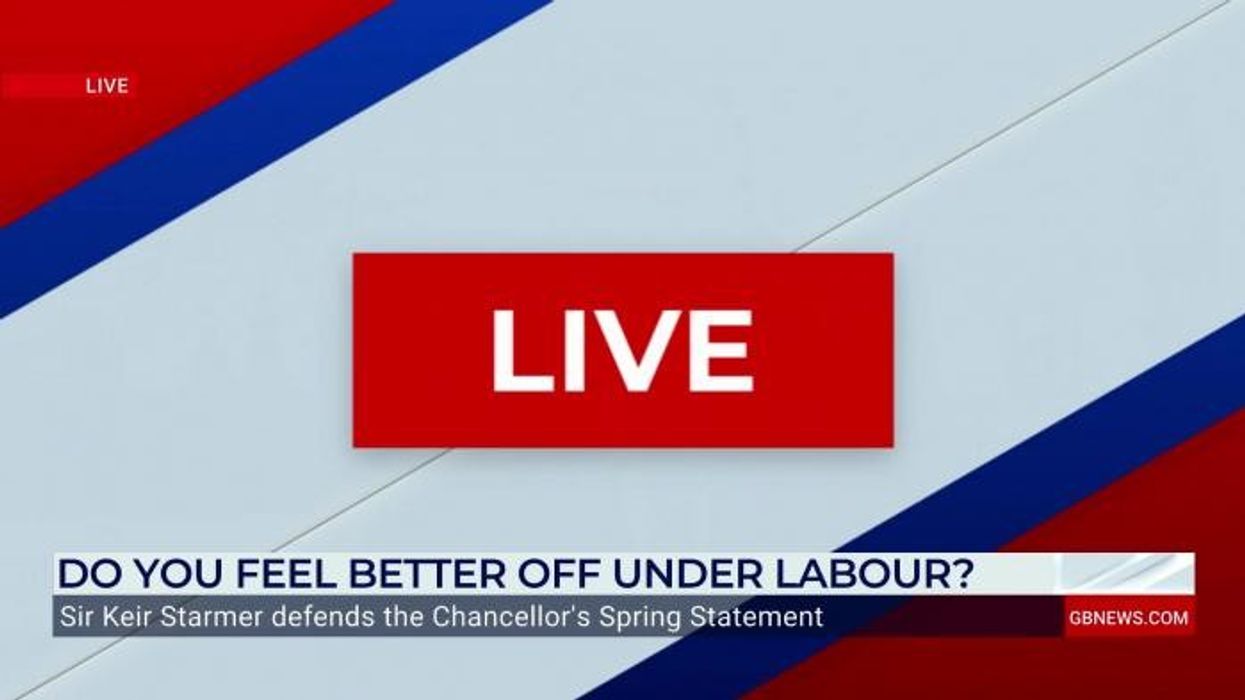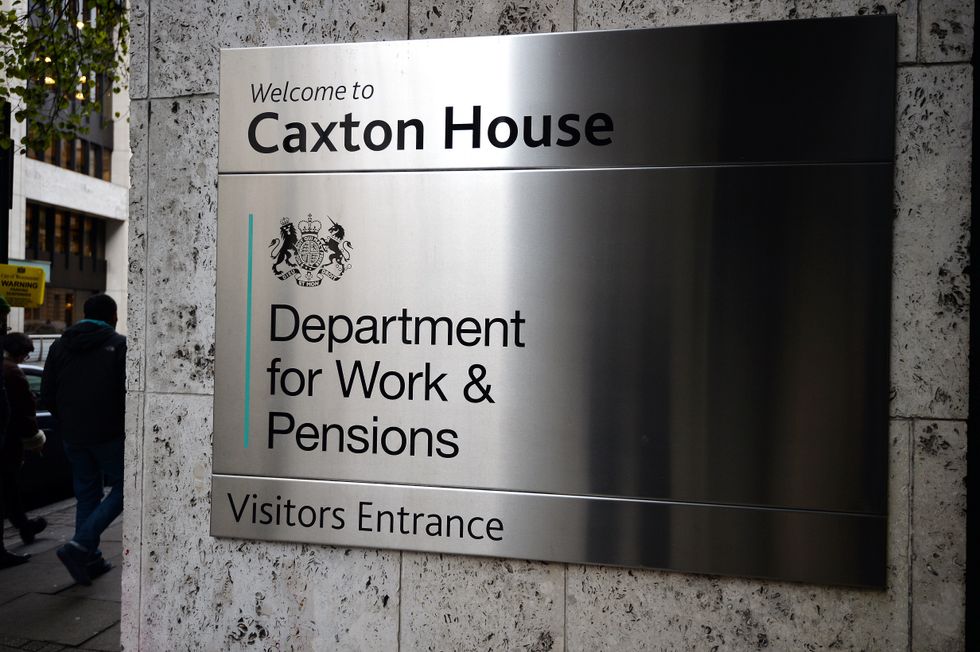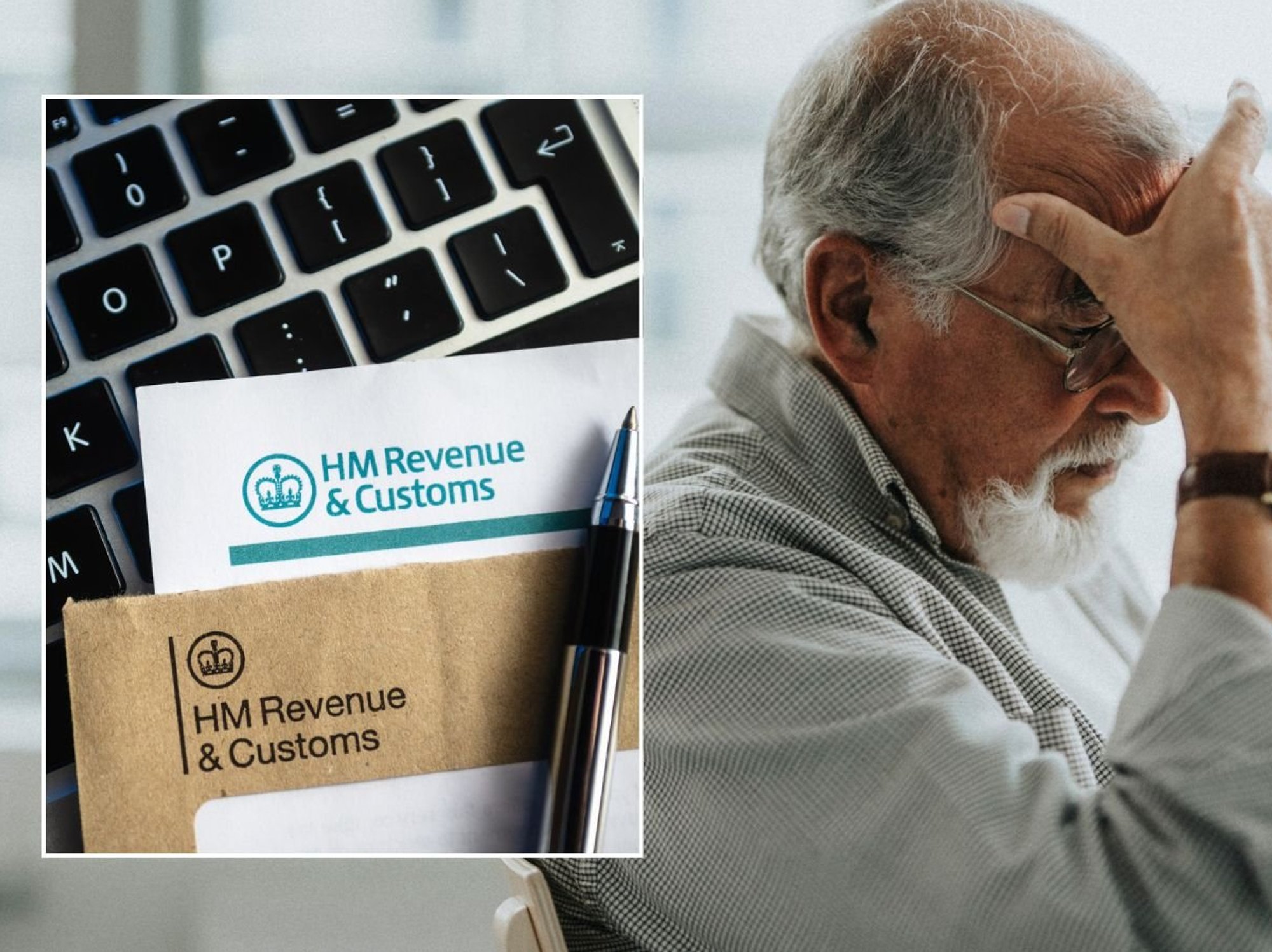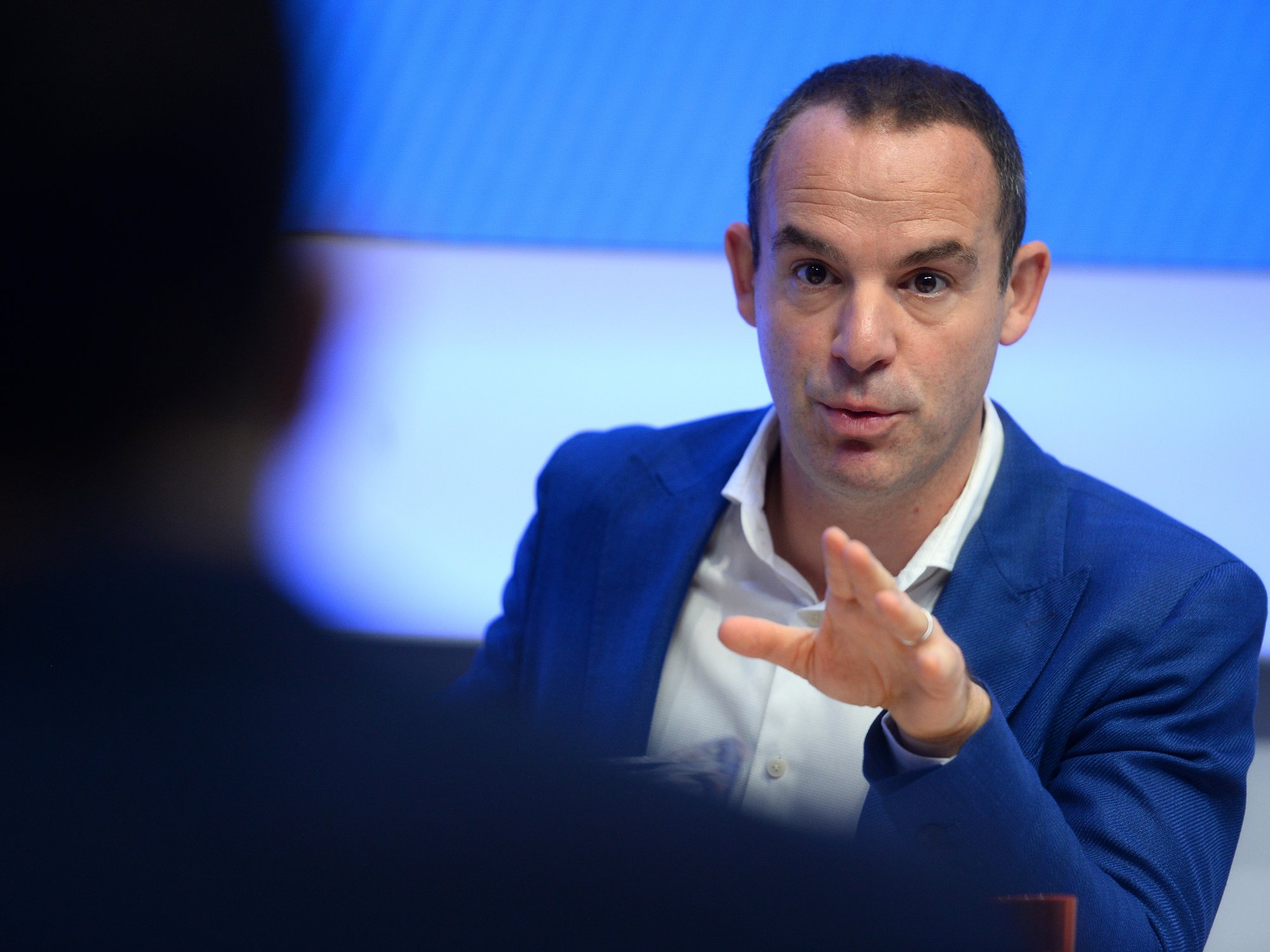State pension payments could rise by 4.5% next year under triple lock - check how much more you'll get

‘Rubbing our noses in it!’ State pension rise will be swallowed up, retiree fears - ‘Doesn’t go anywhere’ |
GBNEWS

Pensioners are set for a smaller rise than last year as both inflation and wage growth show signs of cooling
Don't Miss
Most Read
Latest
State pensioners across the UK could receive an increase of up to 4.5 per cent in their payments when the new rates come into force in April.
The anticipated rise would push payments well above £12,400 a year.
This adjustment comes courtesy of the triple lock guarantee, which ensures pension increases match the highest figure among average earnings growth, inflation, or a minimum of 2.5 per cent.
**ARE YOU READING THIS ON OUR APP? DOWNLOAD NOW FOR THE BEST GB NEWS EXPERIENCE**
Following the wage growth figures out today, experts have predicted the new state pension could rise up to £12,512 next year, bringing it within touching distance of the personal allowance.
The projected increase reflects current economic indicators, with average weekly earnings growth staying at five per cent without bonuses and 4.6 per cent with bonuses between April and June.
The Bank of England expects inflation to hit four per cent by September, a key figure for setting next year’s state pension rise.
The triple lock calculation is based on wage growth between May and July, with current forecasts putting earnings inflation at around four to 4.5 per cent.
Pay growth has been easing in recent months, making it likely the final figure will fall within this range.
Sarah Coles, head of personal finance, Hargreaves Lansdown said: "This isn’t the crunch month for the triple lock, but we’re not far off now.

The state pension is not pre-funded but paid for by today’s workers through income tax and National Insurance
| GETTY"Total pay is up 4.6 per cent in the year to April-June, and it’s the May-July figure that counts for the triple lock. Pay growth has eased in recent months, and if this trend continues, we can expect wage inflation to be between four and 4.5 per cent when it counts.
"Given that the Bank of England forecasts inflation at four per cent, we might expect the state pension to rise by between four per cent and 4.5 per cent - to between £12,451 and £12,512.
"This would bring it within touching distance of the personal allowance so anyone with even a very modest personal pension income could end up paying income tax."
Those receiving the basic state pension who reached retirement age prior to 6 April 2016 would see their payments rise by £367 annually under the projected increase.

The projected pension rises could bring retirement incomes close to the frozen personal allowance limit
| GETTYThe projected pension rises could bring retirement incomes close to the frozen personal allowance limit, meaning more pensioners may have to pay income tax for the first time.
The personal allowance, the point at which income becomes taxable, is fixed at £12,570 until at least 2028.
The state pension currently pays up to £11,973 a year to 12.9 million people over 66, but strong wage growth, particularly in the public sector, is expected to push it above the threshold before then.
If that happens, pensioners relying solely on the state pension would pay the 20 per cent basic tax rate on anything above the allowance.
 The state pension is the second-largest item in the Government’s budget after health | GETTY
The state pension is the second-largest item in the Government’s budget after health | GETTYThe exact figure will be confirmed later this year. The hardest hit will be those who retired after 2016 and have paid a full 35 years of national insurance contributions.
Coles highlighted concerns about the disproportionate impact on lower-income retirees: "Inflation has been particularly focused on household bills and food prices, which pensioners on lower incomes spend a larger proportion of their income on."
She noted that whilst the Bank of England expects inflation to moderate before April's pension increase takes effect, this offers limited comfort to vulnerable pensioners.
"It means many of those who rely heavily on the state pension will be holding their breath for the rise in the spring," Coles observed.
More From GB News










